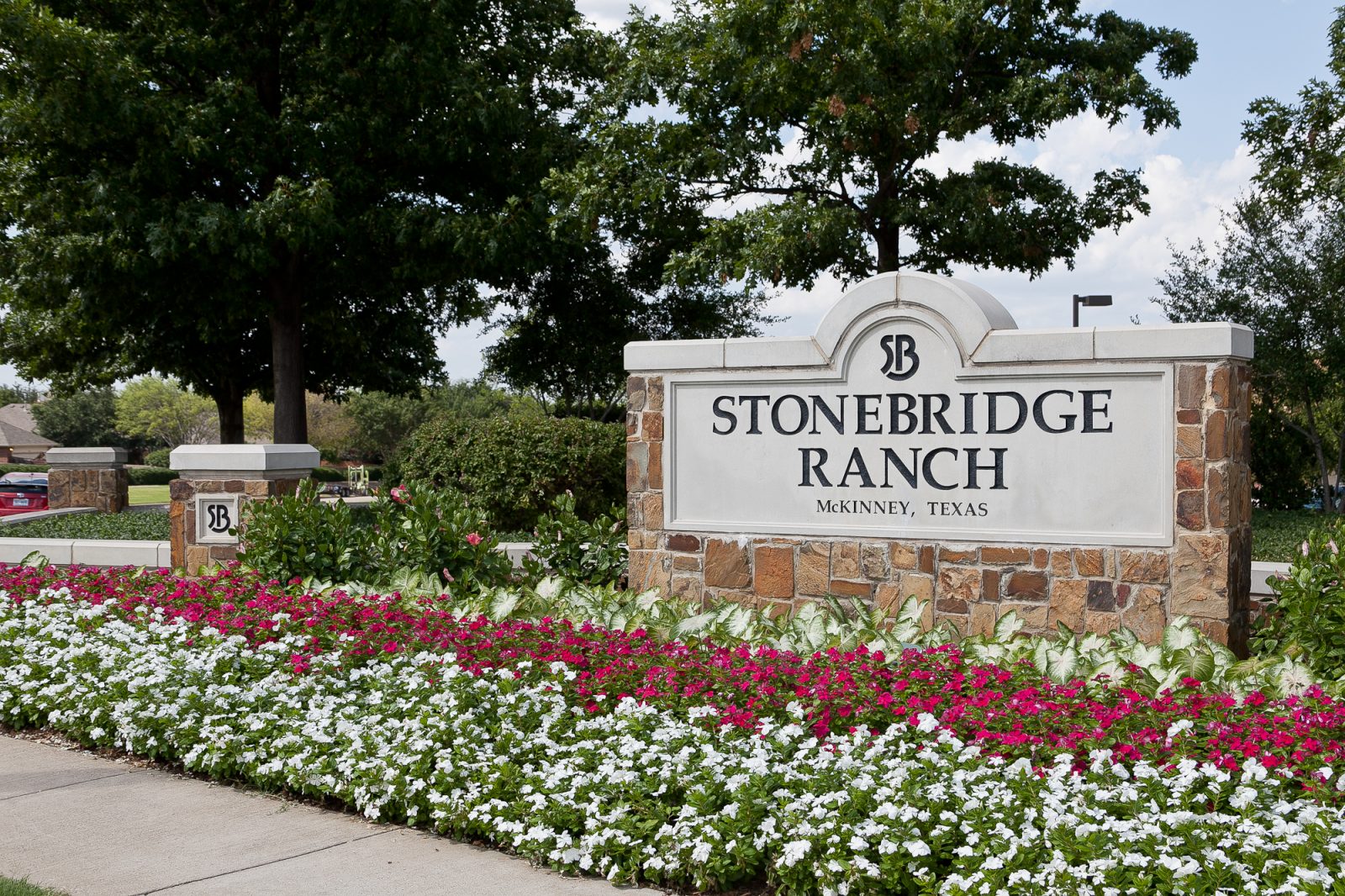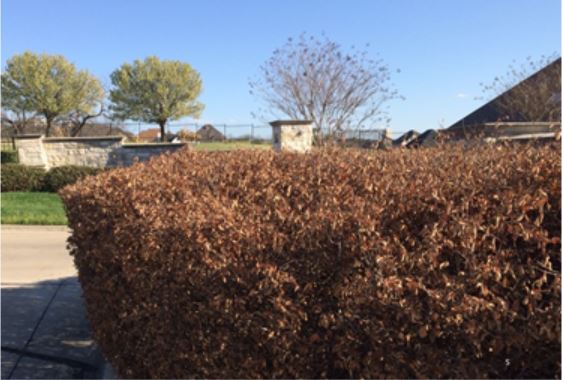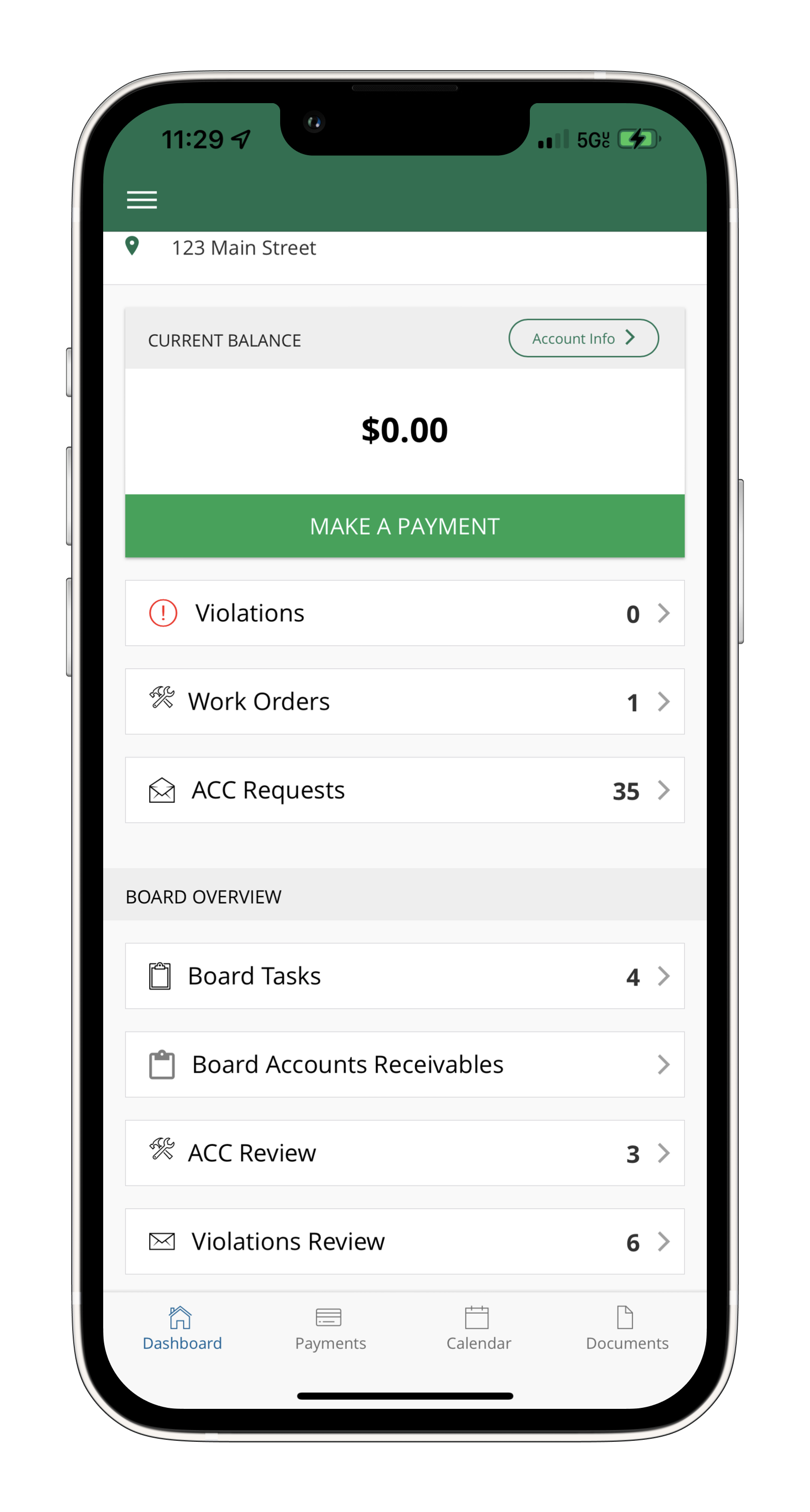


Secrets of Creative Leadership
February 19, 2018


CMA Celebrates Decades of Service to Stonebridge Ranch
March 6, 2018
HOA websites and social media pages are wonderful platforms to disseminate information, promote productive dialogues, and foster a sense of community and belonging. However, there are several risks in open online platforms, and those should be mitigated through content restrictions, monitoring, and moderation.
We offer the following recommendations to ensure an enjoyable, safe, and litigation-free experience for everyone involved:
1. Disseminate an Acceptable Use Policy (AUP) and a Social Media Policy (SMP).
All homeowners, residents, volunteers, board members, and stakeholders must be required to view and sign an Acceptable Use Policy for the website, and a Social Media Policy for the social platforms. These documents will provide clear guidelines on the limitations of acceptable speech and content, as detailed in Rule #2. Signatures must be a prerequisite for setting up an account on and using these sites.

Having owners sign a copy of each policy will put them on notice as to the existence of each policy and may dissuade negative behavior associated with a breach of either policy. While the legal enforceability of each type of policy in an HOA currently lies in uncharted waters, given the prevalence of technology in a community association setting, these issues will most certainly be litigated at some point in the near future.
2. Designate a content moderator.
Monitoring the content that is posted to the website and social platforms should be done on a daily basis by a designated moderator. This role may be assigned to the property manager, a member of the property manager’s staff, a Board member, or a committee formed under the authorization of the Board. The moderator must enforce the “ground rules†that must be listed on the site and in the AUP, as it pertains to posting.
3. Prohibit the following types of content on the HOA website and social platforms:
- Harassing, discriminatory, or otherwise threatening comments and material
- Pornographic, obscene, hateful, incendiary, violent, unlawful, or otherwise illegal comments and material
- Copyrighted material and images
- Defamatory comments
- Personal views, posted as representative of the association
- “Junk†messages, advertisements, or other solicitations not related to the association
4. Disallow any sites to be set up on behalf of the association.
Never allow an owner or any other individual to set up a website or social media page on behalf of or in the name of the association. This carries two risks:
- Readers may think it is an official association website.
- The association will not be able to manage and restrict the content.
If someone hosts such website, or a page on an authorized social media platform, the association can politely ask the owner to remove it and can direct all owners to “join†the official website and social pages for the community. While the end result is not guaranteed due to first amendment freedom of speech issues, the association has a duty to make a reasonable effort to mitigate the risks of unauthorized sites.
5. Routinely monitor web content about the HOA and community.
The moderator should conduct weekly searches of the community and HOA to monitor online content and ensure that harmful content is not being disseminated. Look out for “anti-association†sites created by disgruntled owners, former owners, non-community member neighbors, or others that have an axe to grind with the association. The HOA should act quickly though legal channels to remove any website which purports to be an official site, or to remove any defamatory information about the HOA and community.
By implementing these rules, your Board and HOA can be confident that your online platforms will be welcoming and friendly places to visit, just like your communities.


Edward Hoffman, Jr.
Edward Hoffman, Jr., is a Partner and Co-Founder of Barrow | Hoffman, a Community Association Law firm with offices in Warminster, PA and Center Valley, PA. Mr. Hoffman regularly represents and counsels homeowners associations, condominiums and planned communities. He is a prolific author and speaker on a national and local level and can be reached at ed@barrowhoffman.com.







